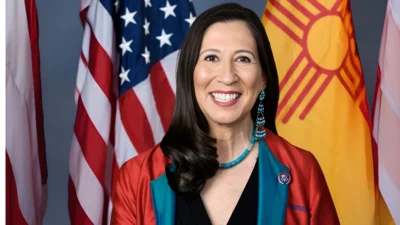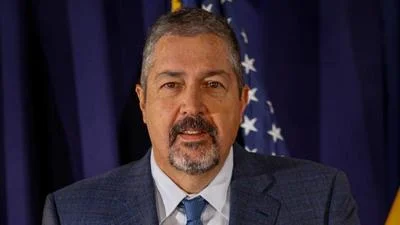The Oklahoma Statewide Charter School Board and St. Isidore of Seville Catholic Virtual School have invoked federal Indian boarding schools as examples of federal funding for religious education in the ongoing U.S. Supreme Court case, Oklahoma Statewide Charter School Board v. Drummond. They argue that there is a historical precedent for such funding which does not breach the constitutional separation of church and state.
In response, several Native American organizations, represented by the Native American Rights Fund (NARF), have submitted an amicus brief to clarify misconceptions surrounding this precedent. The National Congress of American Indians, the National Native American Boarding School Healing Coalition, and the Association on American Indian Affairs argue against the characterization that federal Indian boarding schools represent a benign tradition in religious education funding. They emphasize the past role of these schools in the forced assimilation and cultural genocide of Native American children.
Shannon O’Loughlin, Chief Executive of the Association on American Indian Affairs, described the boarding schools as a system aimed to eradicate Native identities, forcibly convert children to Christianity, and use their labor without parental consent. She highlighted this as a historical abuse not to be used in legal arguments about federal funding for religious education.
Deborah Parker, CEO of the National Native American Boarding School Healing Coalition, called for recognition of the ongoing trauma the boarding school system has caused Native communities, asserting that the system was designed to dismantle Native culture.
The amicus brief points out that the historical context of treaties and agreements where Tribal Nations directed funds for their education purposes should not be equated with government spending public funds for religious education. Larry Wright Jr., Executive Director of the National Congress of American Indians, emphasized that the spending of Tribal money appeared as a matter of Tribal sovereignty, not subject to the U.S. Constitution’s Establishment Clause, unlike the federal policies of cultural conversion.
John Echohawk, Executive Director of NARF, reinforced the stance that the legacy of funding systems to support religious conversion should not be mishandled in legal arguments relating to public education funding.








